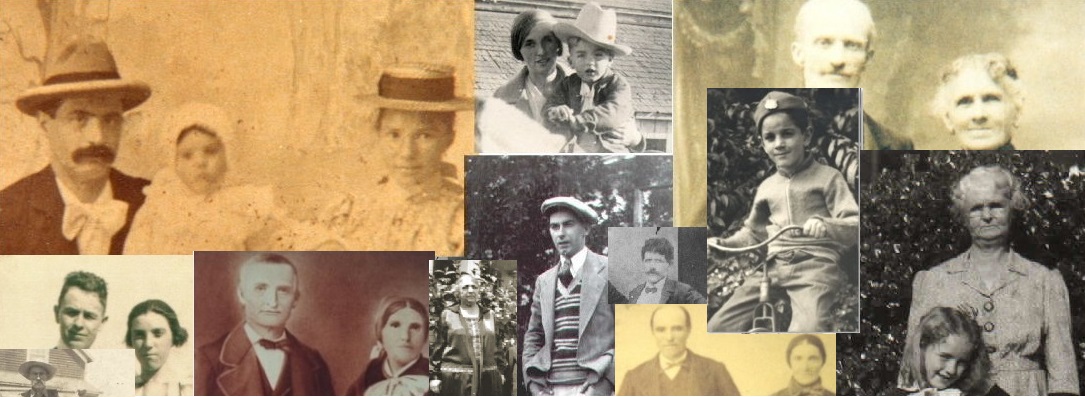(I’m just getting started on Fearless Females even though it’s almost half way through the month…)
Fearless Females #1…a female ancestor I am drawn to
I’ve been working quite a bit on my French ancestry as of late. Thought I was mostly familiar with my French roots growing up, I haven’t spent much time researching this lines until now. Another relative has been working on them, so I concentrated elsewhere.
But now I’m taking that journey myself, following the same research trail to familiarize myself with my ancestry and then chart new ones.
One female ancestor who stands out for me is Marie Lassalle. She was my 5th grand grandmother.
Marie was born ca. 1726 in Escou in Southern France to Jean Baptiste de Migeu and Marie Lassalle. Marie never married, but as seems common with females in the Lassalle line of this era, she still had children. She had a daughter, Catherine, in Escou in 1768. The father, Luc de Bie of Lescar, France, is noted, though it is very clear they were not married.
It seems being an unmarried mother in Southern France in the 1700s was less of a big deal than it was 100 or 200 years later. Couples who did not have much money chose to have families and then save up money to become officially married. During the 1700s, the father’s name is declared in birth records. Something changes by 1820-1830, when one only sees the term “fils naturel/fille naturelle” with only a mother’s name given.
Marie’s daughter, Catherine, also went on to have children without the entanglement of marriage. Surprisingly, Marie’s name is given as the one who declared the birth information to officials. It makes me think that Marie had some sort of social standing. This information was usually given by the woman’s father or male relatives or neighbors.
Marie’s daughter died in 1803. She left behind a four year old son, Augustin, my third great grandfather. Since Marie is listed as his mother on his death certificate, I’m assuming that she is the one that raised her grandson.
Marie died at the age of 86 in 1817. She worked as a fileuse or spinner. After her name it says “celibataire fille”. It means she was a single woman.
Marie seems to be the start of line of strong, independent French women in my tree. They are more than first names in records. They had occupations and they helped support their families. They seem to have standing within the community. And, when their descendants came to the US a hundred years later those women were pretty darn independent as well.
I wish I knew more about Marie. Why didn’t she and Luc de Bie marry? Was her work as a spinner enough to support her and her grandson? Did her brother and sister offer her support or was she on her own? For now I must fill in the blanks on my own.






